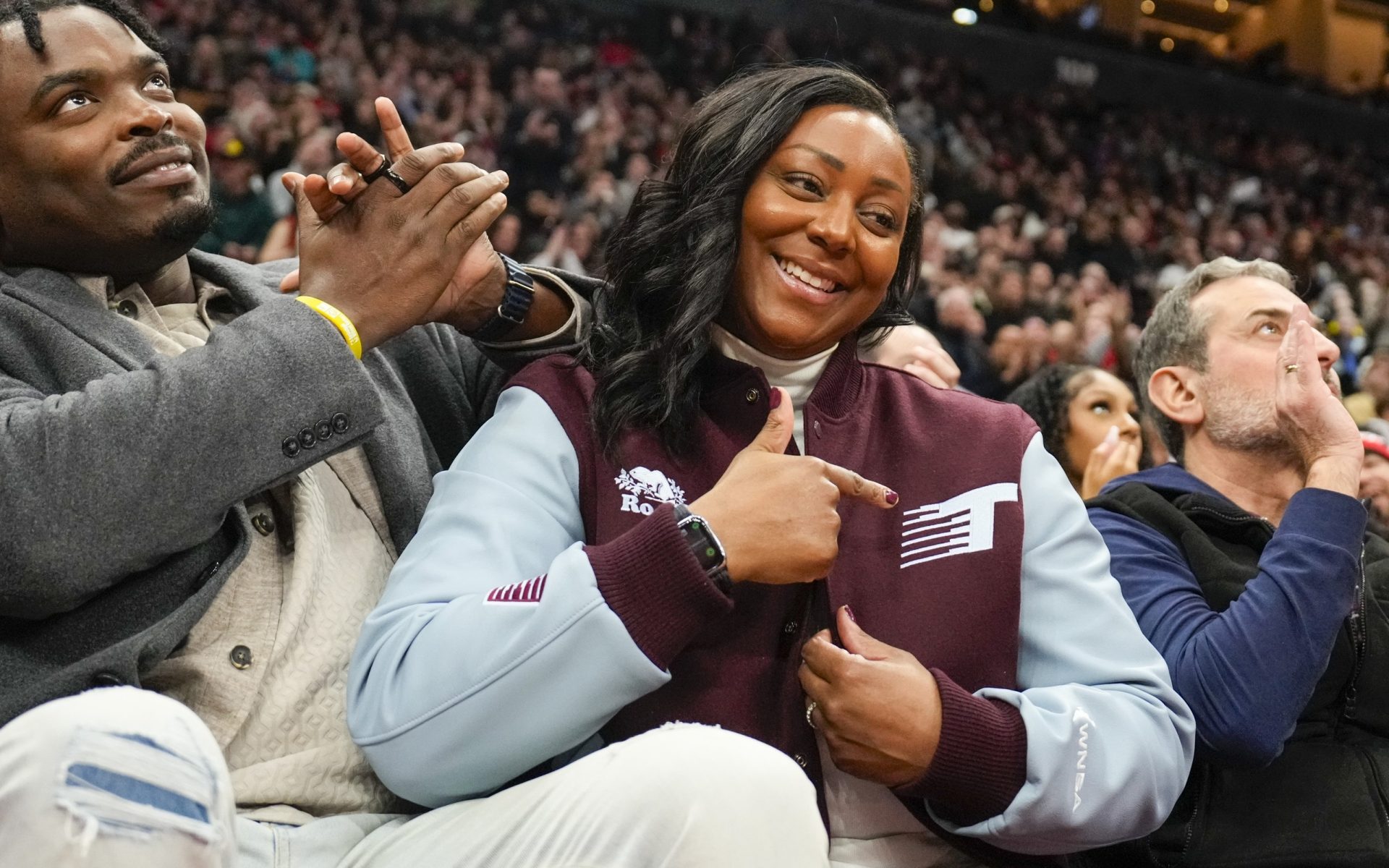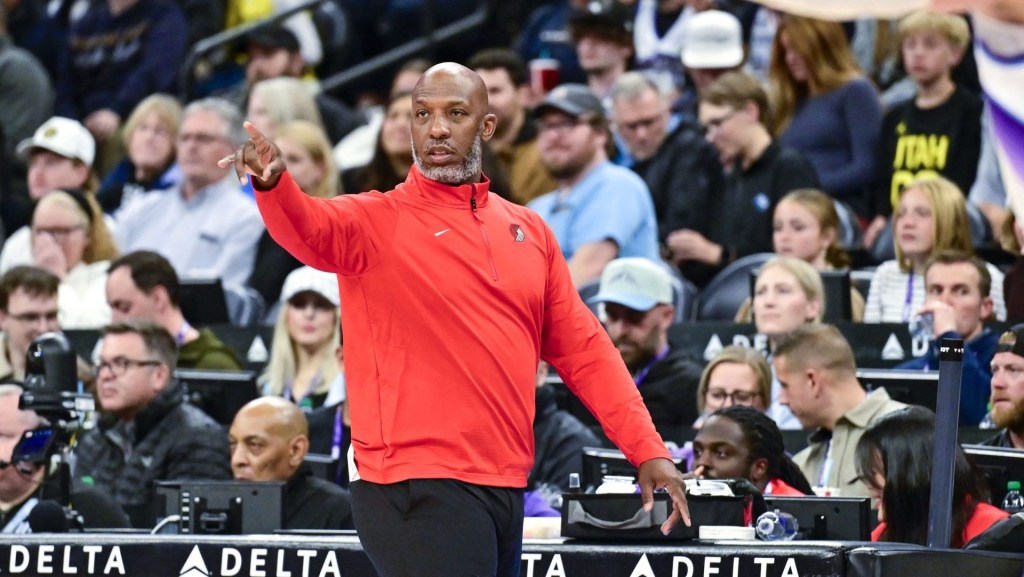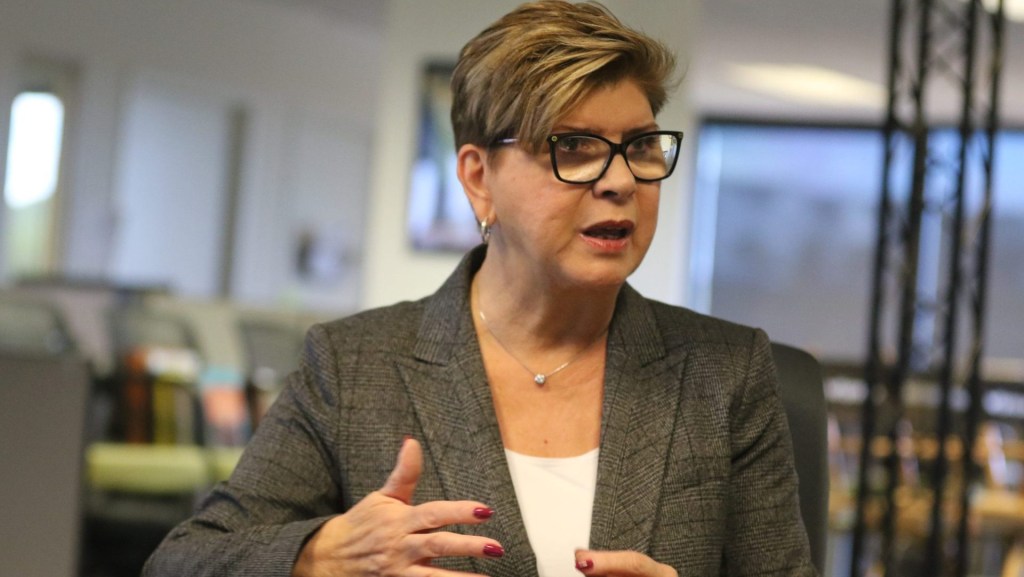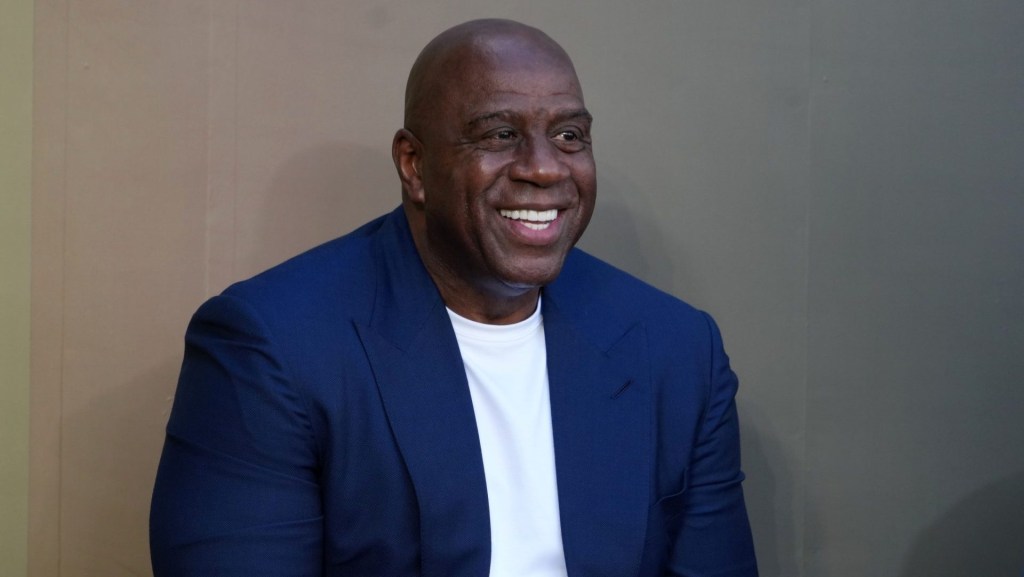CHICAGO — The WNBA has never lost games to a work stoppage. But as the Oct. 31 expiration date for its current collective bargaining agreement gets closer with a deal by that date lookingly unlikely, the offseason could get messy.
First up: the expansion draft.
The WNBA will welcome the Portland Fire and Toronto Tempo to the league in 2026, meaning it will need to conduct an expansion draft before free agency, which has historically begun in January.
Last year, the Golden State Valkyries’ expansion draft took place on Dec. 7.
“We don’t know what’s going to happen,” Fire general manager Vanja Černivec said at her introductory press conference Tuesday. “There are a lot of unknowns. It’s best to plan as if the negotiations are going to be done on time. So we’re planning for the expansion draft to go forward similar to last year, in December. Then free agency, probably February. If it doesn’t, we’ll have to pivot and be ready for the unknown.”
Černivec was announced as the Fire’s first general manager on Aug. 25. She spent a year with the Valkyries as the vice president of basketball operations, playing a pivotal role in the franchise’s historic first season. The Tempo, meanwhile, had already hired Monica Wright in February after she spent two seasons as the assistant GM of the Phoenix Mercury. Eli Horowitz was hired by the Tempo as the assistant GM in May after spending seven seasons with the Sparks in various positions, most recently as their assistant GM and VP of scouting and analytics.
Wright and her staff have been scouting talent in the WNBA and internationally all season in anticipation of the expansion draft.
Neither team has hired a coach.
The rules for last year’s expansion draft allowed each existing team to protect up to six players. The Valkyries were then allowed to select one available player from each team.
The Valkyries were also permitted to select one unrestricted free agent who was eligible for the core designation. Coring a player, similar to the NFL’s franchise tag, gives a team exclusive negotiating rights with a player who was set to hit the free agency market. The tag also comes with a one-year supermax qualifying offer.
The league has yet to produce rules or a date for the 2025–26 two-team expansion draft. The CBA establishes rules that dictate how expansion and free agency work.
Beyond the inability to construct a roster, a delay in the expansion draft will also impact both teams’ marketing strategies ahead of their inaugural seasons.
“There are things we know that we can start planning around and start thinking about what we want this to look like,” Tempo president Teresa Resch told FOS. “How we want to position our team. Some of the core principles of what it means to be part of the Tempo. That we’re Canada’s team. There are a lot of things we can have discussions about. To say that it’s all planned and we have a run of show would be far from the truth, but that’s the life of sports.”
The league and union both claim that reaching a new deal is their top priority, but the union said in a statement to FOS that the league was “running out the clock” on negotiations.
The league, meanwhile, responded with a lengthy statement saying they have been meeting with the union all summer and are committed to a new CBA that “addresses the players’ priorities while also supporting the long-term growth and success of the league and teams.”







![[Subscription Customers Only] Jun 15, 2025; Seattle, Washington, USA; Botafogo owner John Textor inside the stadium before the match during a group stage match of the 2025 FIFA Club World Cup at Lumen Field.](https://frontofficesports.com/wp-content/uploads/2026/02/USATSI_26465842_168416386_lowres-scaled.jpg?quality=100&w=1024)
![[Subscription Customers Only] Jul 13, 2025; East Rutherford, New Jersey, USA; Chelsea FC midfielder Cole Palmer (10) celebrates winning the final of the 2025 FIFA Club World Cup at MetLife Stadium](https://frontofficesports.com/wp-content/uploads/2026/02/USATSI_26636703-scaled-e1770932227605.jpg?quality=100&w=1024)








